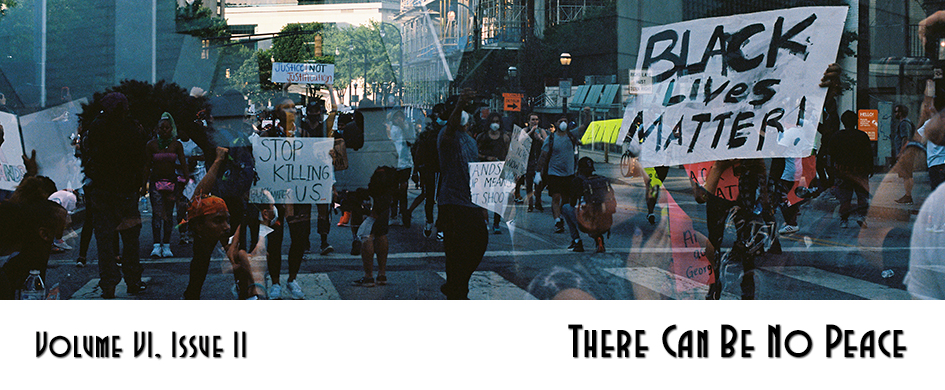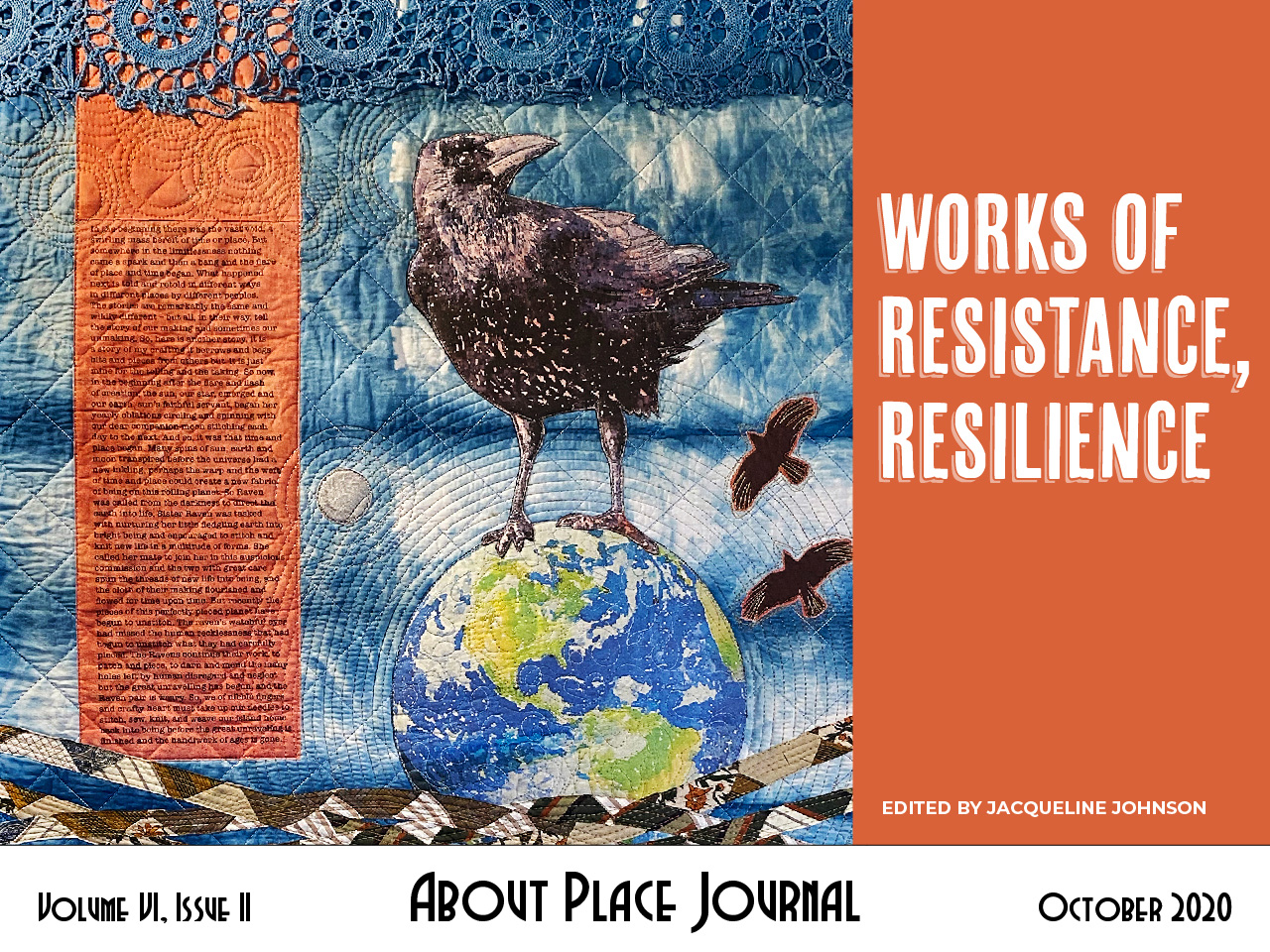Wake up, this is history. Each miraculous morning I utter these words to myself both as a prayer and an oath. To wake up, to bear witness to the remorselessness of the times in which I find myself. Where the human capacity to understand events fails comes the longing of prayer. To pray is not a gesture of weakness, nor is it a slide into superstition or an escape into unthinking religiosity. There are moments in a lifetime where the human mind stumbles in the face of profound perplexity as the seemingly unstoppable death-making that is happening before our eyes, dooming us as a nation, as a people, as a globe. Add to this predicament our individual ordeals—our personal sorrows, the nagging uncertainty of our future, the pressures of social life and its changes, the precariousness of our economic disposition compounded by the barbaric ineptitude of our embarrassing political establishment. In the midst of life’s catastrophe the last thing we need is a cold systemic explanation—we’ve had enough of that from our futile government officials—but simply compassion, and a miracle, too. To scream for a miracle today is neither laughable nor medieval; it is poignantly, understandably human.
This morning I woke up with a disheartening news of a relative who died from a sudden illness. A couple of days ago I read a news about a father who, unable to pay the hospital bills, walked home from the hospital with the corpse of his newborn son in a makeshift box. The fact that anyone could die at any moment from other causes other than Covid-19—which has already claimed and still claiming countless lives—only weighs down on the soul and add wounds in the consciousness. A significant part of life’s transaction today is to expect the unexpectedly brutal and helpless turn of things. Death is our constant companion. It is a faithful and often unaccountable friend. We are no more its victim than its servant and ally. And in the presence of such encompassing and unforgiving phenomenon as death it is only proper that we pay attention, that we offer our hearts and minds to be deeply troubled, not to look away, so as to be able to acquaint ourselves with that which is our common destiny.
Despite our claims to modernity and our allegiance to the prevailing values of the sophisticated, technological society in which we live, we are not as open and learned as we think we are when we are confronted by the subject of death let alone accommodate the thought of it. Part of the Filipino culture is the festive honoring of the dead, yet the talk of death is intuitively ignored; in our daily conversations it is deviously a taboo. We live in an optimistic social media culture which explicitly diminishes and trivializes the role of death, making it nothing short of a piece of spectacle in our society. Because death is unpleasant, ugly, heavy, offensive; it shatters our self-assuredness and insults our feelings of wellness. I remember my mother who, every time I opened up the topic of death in a casual manner, would scold me followed by a knock on wood and the sign of the cross gesture. This is often the case with elders and with our loved ones: a difficult, strained, refusal to dialogue that which should concern us all. As though by looking away from the reality of death we avoid our dying, by not talking about it we undo our fate. Perhaps in a time as brazen and frightening as this our obligation is not to “feel good,” but to locate the possibilities of goodness in the human scale in an otherwise inhumane circumstance.
Comes the virus. The pandemic has subtly loosened our tightly cynical approach towards death. What was once a subject normally avoided and ignored has suddenly begun to occupy a nourishing if not disturbing, a reinforcing if not disabling part in our everyday view of life. Now, when I speak with family members and friends over the phone the talk of death slips solemnly into our conversations. All of a sudden, death finds a seat at the table of life. We talk about death not in spite of but because of our ignorance and inexperience infused with rare sincerity and animated curiosity, with wounding gratitude and troubled longing. It is not hyperbole to say, grave as it may sound, that the virus has been responsible in good part for inciting us to deal and reunite us with the reality of death. At what cost!
Underlying our reawakened initiation into the presence of death is the half-acknowledged yet vital realization that—it is not the fear of death that diminishes the value of human life, but our refusal to contemplate what the death of others demands of us. Recognizing that everything we hold dear will end, what is our share in the scheme of death?
Pay attention: our neighbor’s death is a rehearsal of our own death. A person who is hauntingly fostered and informed by the other’s death will conduct his life in such a way that taking something for granted is never an option. A sobering, awakening awareness will allow him to address life the way he has never addressed life before. To be counseled by death is to be possessed by a seething consideration and thoughtfulness of how we shall spend the brief, inscrutable time that has been entrusted to us on this planet. More than a deficiency, our very inability to not know when and how our death will claim us is a kind of wisdom which returns us to the essentials. More than anything else what death brings to the table is a transformative insight of what truly matters. Death embraced in this wisdom conduces us to reflect on, to weigh in, our words, actions, thoughts, intentions, wishes, dreams—that we can no longer afford to waste time in a planet that is running out of time; we will be more considerate to speak and side with the truth; we will be less constraint to reach out; we will find ways to resist any mechanism, political, social, and cultural, that is anti-life; we will look at death as a resource of living born out of a profound, palpitating gratitude for life. Such wisdom tells us that death is not the opposite but the continuation of life that is unique, unprecedented, and unrepeatable. To live well according to what the natural world demands of us is to die well.
In the darkness, get closer, and closer still, listen longingly to the beloved’s breathing.


